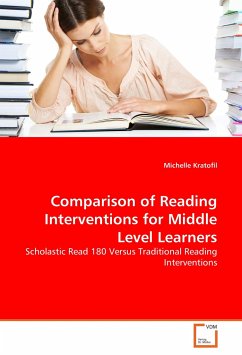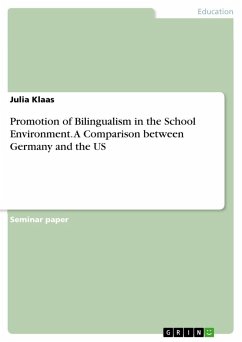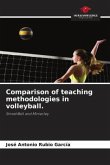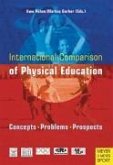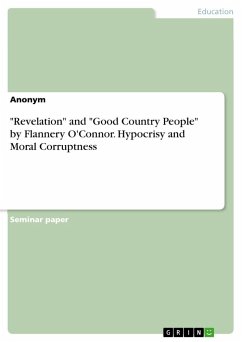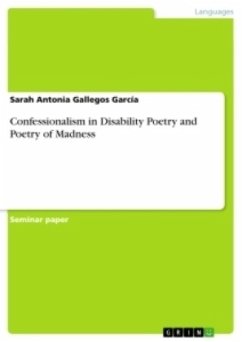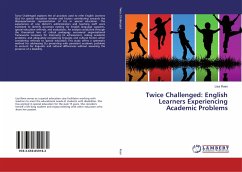The ability to read impacts every aspect of life including job choice, social status and civic participation. Students who struggle to read are increasingly disadvantaged as they progress through school when the ability to comprehend text becomes more vital to academic success. This reality, coupled with the mandates of the No Child Left Behind legislation, has prompted school districts to invest in costly reading interventions that will assist in teaching all students to read at the proficient level. One such reading intervention is Scholastic Read 180. The purpose of this study was to compare the effects of Scholastic Read 180 to the effects of traditional reading interventions on the reading achievement of middle school students reading significantly below grade level. This study attempted to replicate other studies on the Scholastic Read 180 program in order to independently compare results.

